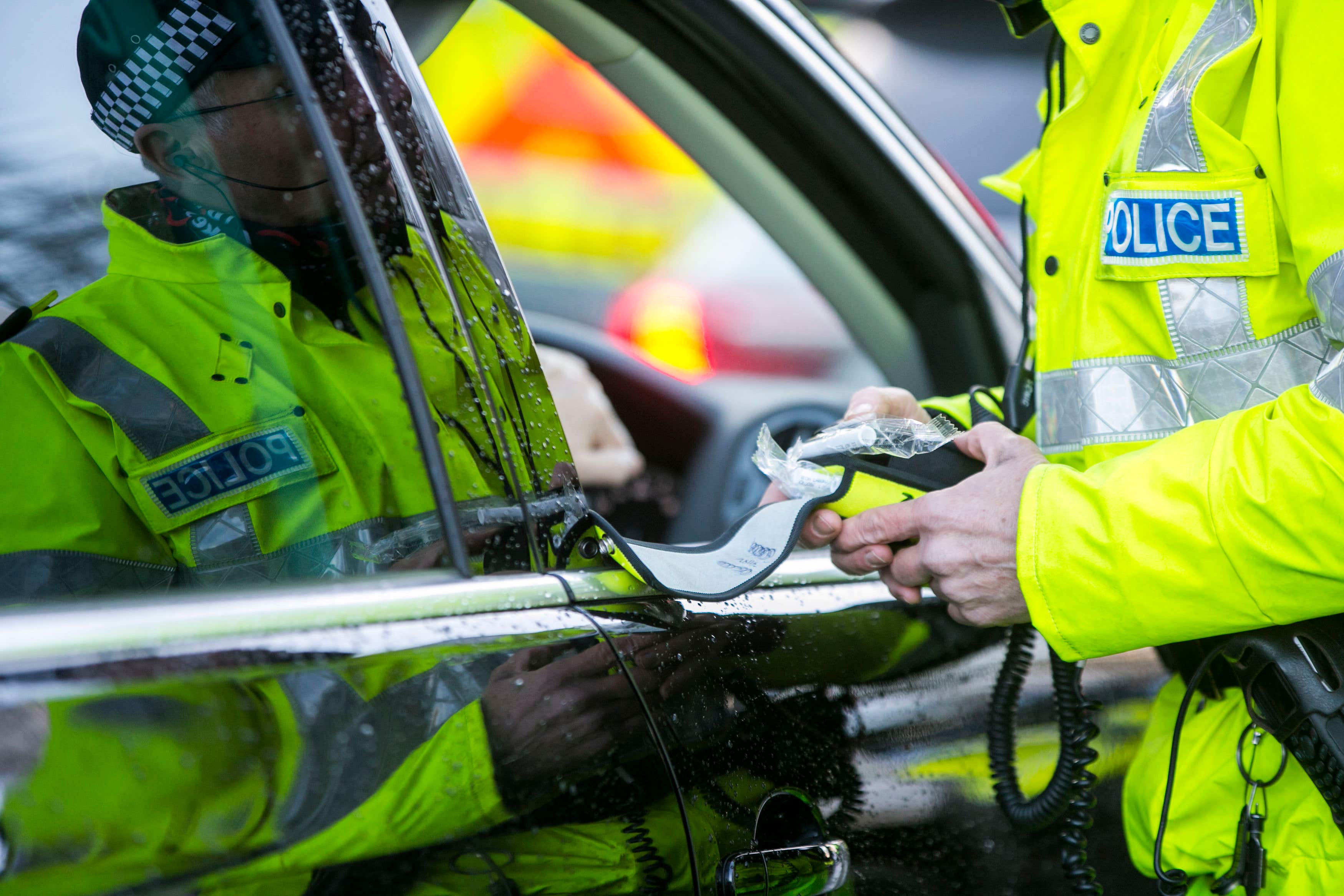Blood-testing fatal crash drivers would ease trauma of victims’ families – MP
Tory MP Jonathan Gullis has introduced a Bill to allow the testing of samples without consent.

A Bill to allow testing of drivers’ blood in fatal road traffic collisions without their consent would help ease the “torture and trauma” for the families of victims, MPs have heard.
Deputy Chair of the Conservative Party, Jonathan Gullis, introduced the Bill, that he referred to as “Sharlotte’s law”, by the 10-minute rule procedure.
Six-year-old Sharlotte-Sky Naglis died after being struck by a drunk-driver as she walked along the pavement with her father near their home in Norton Green, near Stoke, in 2021.
Mr Gullis’ Road Traffic (Testing of Blood) Bill would amend section 7A of the Road Traffic Act 1988 to allow a blood sample to be tested without the consent of the person it was taken from.
He told the Commons: “The impact on the local community is impossible to underestimate. I know friends of Sharlotte still fear crossing the road or walking to school by themselves, a milestone any parent knows is an essential part of growing up.
“I know parents who are so much more concerned about their children going out to play because of the fear that this could happen to their loved ones. And as a father myself, I’m humbled every time I work with Sharlotte’s brave and inspirational mother, Claire Reynolds.”
In the accident that killed Sharlotte, the driver, John Owen, was two times over the drink-drive limit, had Class A drugs in his system and was also using his phone.
Owen received a sentence of six years and four months, serving two and a half years in prison, which Mr Gullis described as “an insult”.
He said: “Whilst we’re unable to increase John Owen’s sentence, what Claire and I wanted more than anything was to leave a lasting legacy in Sharlotte’s name.
“We seek to amend section 7A of the Road Traffic Act 1988, introducing Sharlotte’s law. This legislative change has one simple intention, to put victims of road traffic incidents and their families first.”
Under current legislation, blood samples can already be taken if someone is unconscious and has been involved in a fatal collision, but this sample cannot be tested for evidence of driving under the influence, without their consent.
Mr Gullis said: “Not only does this delay the police in conducting their investigation, more importantly, it prolongs the pain for victims who are desperately seeking answers.
“Claire has told me that her experience of this was like torture. For 11 weeks they waited not knowing whether John Owen would wake up and be held accountable for his crimes, nor when they would get answers regarding what led to Sharlotte’s life being taken.”
If someone refuses to allow their blood to be tested, they can face a sentence of up to two years, but Mr Gullis stated that if someone has drugs or alcohol in their system, that would increase their sentence beyond two years, so they would benefit from refusing testing.
He said: “Simply put, what this Bill seeks to achieve is a tidying up of the law, enabling answers to be gathered by the police much more quickly, avoiding potential evidence becoming contaminated and giving answers to the victims simply by stating in law that once a blood sample is taken, it can be tested.
“This seems particularly uncontroversial, especially as the most intrusive part of this process -the blood sample itself being taken – is already legally allowed.”
Concluding, Mr Gullis said: “The trauma and torture of losing a loved one is impossible to imagine, let alone when it then appears the law is blocking your hope for justice.
“I want to see this legislation change for Sharlotte and other victims of these heinous crimes.”
The Bill is set to be considered by the Commons again on June 14, but is unlikely to become law without Government support.
Bookmark popover
Removed from bookmarks